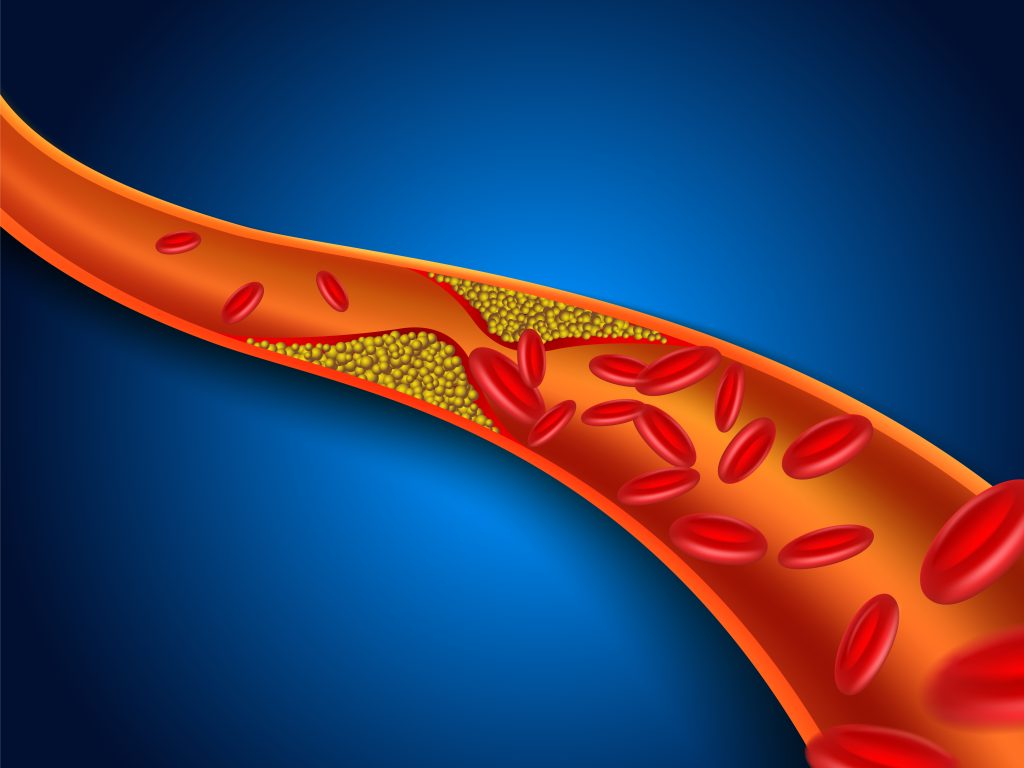To lower cholesterol, it’s essential to avoid fatty foods. Cholesterol levels in the human body can be challenging to detect, but it’s important to know there are two types: good (HDL) and bad (LDL). High levels of LDL cholesterol can lead to blood vessel blockages. Certain foods increase cholesterol levels, while others help reduce them.
Expert Advice on Cholesterol Management
Dr. Md. Toufiqul Rahman, in a segment on NTV’s “Health Daily,” highlighted the importance of dietary habits in managing cholesterol levels.
Foods to Avoid for High Cholesterol
- Avoid Excessive Bad Fats: Foods high in bad fats can raise cholesterol levels. Limit the intake of foods with unhealthy fats.
- Understand Types of Fats: Saturated fats are good for the heart, while unsaturated fats increase bad cholesterol (LDL).
Healthy Fats for Good Cholesterol
- Omega-3 and Omega-6 Fatty Acids: These increase good cholesterol (HDL). Include plant-based oils like sunflower oil, canola oil, and olive oil in your diet.
Should We Avoid Oily Foods Entirely?
No, you can consume oily foods, but choose those that are good for the heart and do not increase bad cholesterol. Opt for healthy oils that support heart health and help manage cholesterol levels.
Final Tips for Cholesterol Management
- Monitor Your Diet: Pay attention to the types of fats you consume.
- Choose Healthy Oils: Use plant-based oils to support heart health.
- Stay Informed: Understand the impact of different fats on your cholesterol levels.
By following these tips and including healthy oils in your diet, you can effectively manage your cholesterol levels and support overall heart health.

